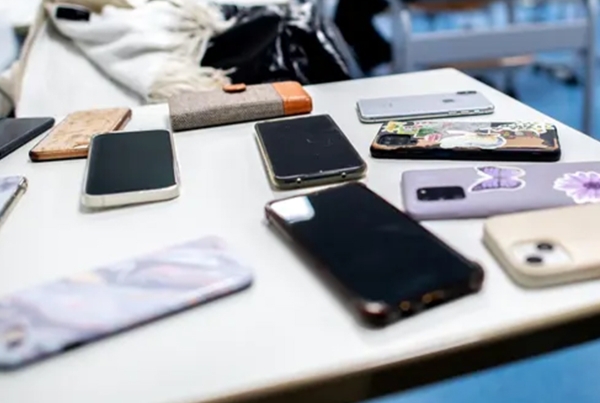“The digital revolution holds immeasurable potential but, just as warnings have been voiced for how it should be regulated in society, similar attention must be paid to the way it is used in education,” warned UNESCO Director-General Audrey Azoulay. If unchecked, he says, technology can have hugely negative impacts on students. He asserts, “Its use must be for enhanced learning experiences and the well-being of students and teachers, not to their detriment.”
According to UNESCO Global Education Monitoring Director, Manos Antoninis, “vast amounts of data are being used without the appropriate regulation, so this data ends up being used for other non-educational purposes, commercial purposes and that’s of course a violation of rights that needs to be regulated.” This, he says, puts students at risk of being unduly influenced by bad actors.
The study was launched at an event in Montevideo, Uruguay hosted by UNESCO and the Ministry of Education and Culture of Uruguay, with additional support from the Ceibal Foundation and 18 ministers of education from around the world. It proposes four questions that policymakers and educators should reflect upon as educational technology becomes increasingly accessible and utilized around the globe.


